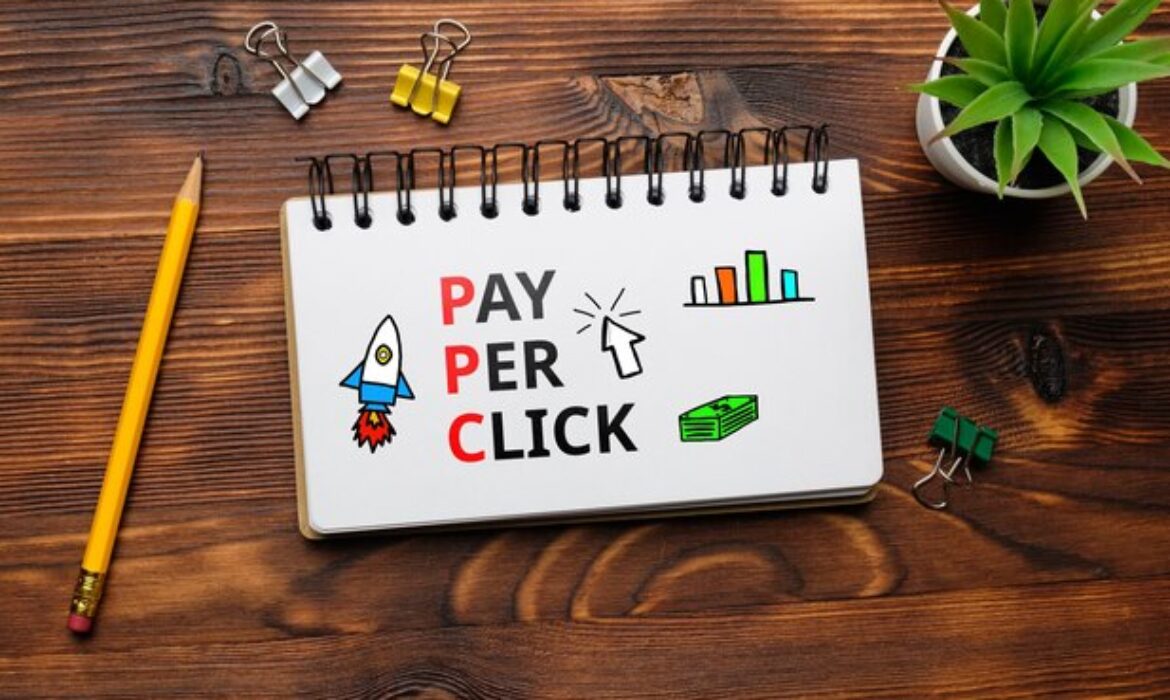
How Pay-Per-Click (PPC) Advertising Transforms Brand Marketing
Introduction:
In the vast landscape of digital marketing, brands are constantly seeking strategies that not only elevate their visibility but also deliver measurable results. Enter Pay-Per-Click (PPC) advertising – a dynamic approach that goes beyond traditional marketing, offering brands a powerful tool to reach their audience, drive engagement and achieve tangible business objectives. In this blog, we explore the transformative impact of PPC advertising on brand marketing and the myriad ways it contributes to sustained success.
1. Immediate Visibility and Brand Exposure:
Faster Results:
Unlike organic strategies, PPC delivers almost instant results. As soon as a campaign is launched, ads can appear at the top of search engine results pages (SERPs), providing immediate visibility to the brand.
Targeted Brand Exposure:
PPC allows brands to target specific keywords, demographics and user behaviors, ensuring that their ads are presented to the most relevant audience. This targeted approach maximizes the impact of brand exposure.
2. Measurable and Trackable Performance:
Clear ROI Measurement:
PPC provides a level of measurability that is unparalleled in traditional advertising. Brands can track key performance indicators (KPIs) such as click-through rates (CTR), conversion rates and return on investment (ROI) in real-time.
Data-Driven Decision Making:
The wealth of data generated by PPC campaigns empowers brands to make informed decisions. Analytics tools offer insights into user behavior, allowing for continuous optimization and refinement of marketing strategies.
3. Enhanced User Engagement and Interaction:
User-Centric Ad Formats:
PPC ad formats are designed to engage users effectively. Compelling ad copy, relevant keywords and enticing visuals contribute to a positive user experience, encouraging interaction and boosting brand engagement.
Call-to-Action Focus:
PPC ads are strategically crafted to include clear and compelling calls-to-action (CTAs). This direct approach prompts users to take specific actions, whether it’s making a purchase, filling out a form or visiting the brand’s website.
4. Budget Flexibility and Cost Control:
Cost-Effective Advertising:
PPC allows brands to set their budgets based on their advertising goals. This flexibility ensures that even smaller businesses can participate in online advertising, reaching their target audience without breaking the bank.
Bid Management Strategies:
Smart bid management strategies enable brands to control costs effectively. With options like manual bidding, automated bidding and bid adjustments, brands can optimize their spending for maximum impact.
5. Strategic Brand Positioning:
Top Placement in SERPs:
PPC enables brands to secure prime real estate at the top of search results, enhancing their visibility and positioning them as authoritative players in their industry.
Competing with Industry Leaders:
Even smaller brands can compete on equal footing with industry giants through PPC. A well-optimized campaign allows brands to appear alongside or even above established competitors, leveling the playing field.
6. Adaptability to Marketing Objectives:
Campaign Customization:
PPC campaigns can be customized to align with various marketing objectives, whether it’s increasing brand awareness, driving website traffic, promoting specific products or generating leads. This adaptability ensures that PPC aligns seamlessly with broader marketing strategies.
Seasonal and Timely Promotions:
Brands can leverage PPC for seasonal promotions, sales, and time-sensitive offers. The ability to schedule ads strategically allows for targeted marketing during peak periods, maximizing the impact of promotional efforts.
Conclusion:
Maximizing Brand Impact with PPC Advertising
In a digital landscape characterized by speed, precision, and measurable outcomes, PPC advertising stands out as a game-changer for brands. By providing immediate visibility, measurable results and strategic adaptability, PPC transforms brand marketing into a dynamic, data-driven endeavor. As brands navigate the evolving digital landscape, integrating PPC into their marketing arsenal becomes not just a strategy but a key driver of success in achieving brand objectives and sustaining growth.






